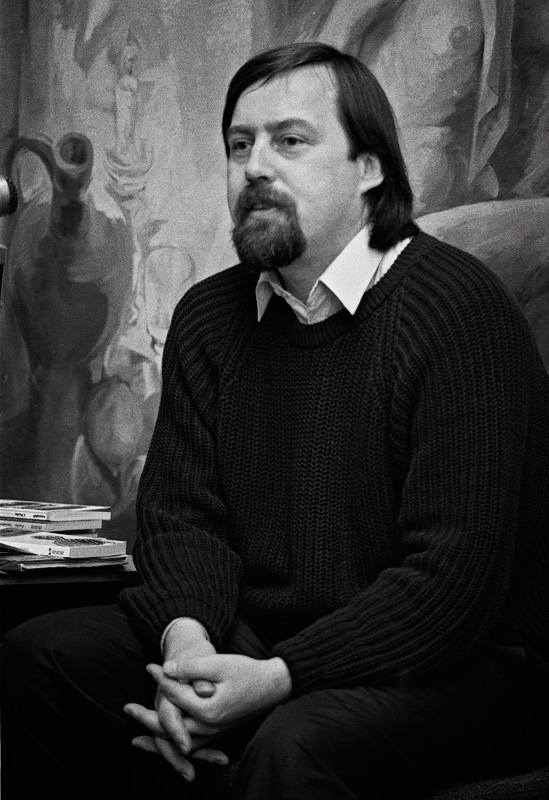Systems of Knowledge
Bureaucracy and Education at the Universities of the GDR
DOI:
https://doi.org/10.15170/PAAA.2020.07.01.02Keywords:
university history, student history, German Democratic Republic, Communist dictatorship, dissidence, spaces of knowledge, Jürgen FuchsAbstract
According to the German philosopher, psychologist and pedagogue Wilhelm Dilthey (1833–1911), education should promote the “true, good and beautiful” by enabling people to use their experiential expertise. An analysis of the relationship between education and bureaucracy in East German universities reveals their tendency to stigmatize, ignore and impose sanctions on empirical knowledge in the interest of the authorities. The example of Jürgen Fuchs, student of psychology in Jena in the 1970s, shows how criticism put forward on his day-to-day experience, was framed in abstract terms, fitting stereotypes of the enemy, by academic and party bureaucrats. Their approach gives witness to an academic culture of the clandestine, which did not only concern specific situations but was systematic in nature. Drawing on Georg Simmel and Pierre Bourdieu, one can speak of academic institutions in the GDR as “spaces of the clandestine”. In their context, betrayal appeared as trust and irresponsibility as discipline, obedience and partiality. Secret action encompassed both themes and groups of people in equal measure and is evident in the way conflicts were navigated. University members who spoke out and displayed their dissent were disciplined and repressed with the help of (clandestine) bureaucratic patterns and procedures. The resulting double blindness to reality on the one hand, and the stigmatized reflection of problems on the other, thus framed the practice at the socialist university. Judgements which arose from specific situations were thus transformed into long-term prejudices which in turn served as frameworks of future action, curbing innovation and infringing upon academic freedom. Translated by Martin Méreg.
Photo: wikipedia.de
Downloads

Downloads
Published
How to Cite
License

This work is licensed under a Creative Commons Attribution-NonCommercial-NoDerivatives 4.0 International License.

